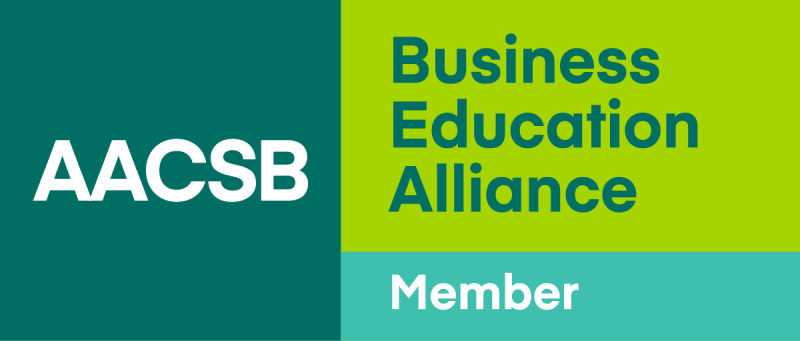Eu Yan Sang - Building A Family Business That Lasts
Family-owned businesses play a crucial role in the global economy, and the Traditional Chinese Medicine provider, Eu Yan Sang, is one of them. We explore how Eu Yan Sang has successfully run as a family business in Southeast Asia for more than 140 years.
At a glance
Industry
Traditional Chinese Medicine (TCM)
Founded
1879, Gopeng, Malaysia
Headquarters
Singapore
Number of Retail Outlets
172
(As of May 2022)
Abstract
Eu Yan Sang, a family-owned enterprise specializing in Traditional Chinese Medicine (TCM), has operated for over 140 years. It has transitioned from its origins in Malaysia to become a global brand. Founded in 1879 by Eu Kong to provide alternatives to opium for tin miners, the company grew significantly under his son, Eu Tong Sen, establishing over 1,000 stores in Southeast Asia. Amid generational conflicts and financial hurdles, Richard Eu, a fourth-generation leader, modernized and unified the business while driving international growth.
Under Richard Eu’s leadership, Eu Yan Sang embraced digital innovations, modern management techniques, and product redesigns to appeal to younger consumers. Its 2016 privatization addressed declining public market performance and succession planning challenges.
This case study delves into how Eu Yan Sang navigated generational transitions. It also encourages learners to discuss the complexities of sustaining a family business across generations while exploring leadership transitions and market adaptation and positioning itself as a strong player in the global TCM market.
All rights reserved. © 2025 Nikkei Business Lab Asia. No part of this publication may be copied, stored, or transmitted in any form. Copying or posting is an infringement of copyright.
Disclaimers:
(1) Regarding Case Study Content: This case study is based mainly on secondary data and analysis of publicly available information unless otherwise stated, and is intended solely for educational purposes. Any opinions expressed by the author(s) are designed to facilitate learning discussion and do not serve to illustrate the effectiveness of the company. Additionally, banner images and logos used in the case study are intended for visualization in an educational setting and it is not used to represent or brand the company. For any dispute regarding the content and usage of images and logos, please contact the team.
(2) Regarding University Affiliation and Titles of Authors: The university affiliation and titles of author(s) seen in the case study is based on their affiliation and title during the time of publication. It may or may not represent the current status of said author(s).
